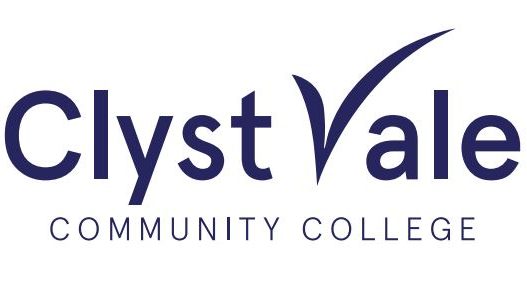Science Curriculum Intent Statement
Science education provides the foundations for understanding the world. Science changes our lives and is vital to the world’s future prosperity. Through science education, students learn to recognise the power of rational explanation and develop a sense of excitement and curiosity about natural phenomena. They are encouraged to understand how science can be used to explain what is occurring, predict how things will behave, and analyse causes.
Our KS3 curriculum for science aims to ensure that all pupils:
- Develop scientific knowledge and conceptual understanding through the specific disciplines of biology, chemistry and physics. Our schemes of work aim to give students an understanding of the key big ideas in science: the links between structure and function in living organisms, the particulate model as the key to understanding the properties and interactions of matter in all its forms, and the resources and means of transfer of energy as key determinants of all of these interactions.
- Develop understanding of the nature, processes and methods of science through different types of science enquiries that help them to answer scientific questions about the world around them. Students are taught about Working Scientifically through a range of practical investigations that are always clearly related to the science content in the programme of study. Students develop key practical skills such as use of microscopes, safe handling of chemicals and basic equipment to carry out simple chemical reactions and measurements of time, distance and forces in different contexts.
- Are equipped with the scientific knowledge required to understand the uses and implications of science, today and for the future. In particular, we teach students to be critical about information and to evaluate strategies and behaviours that could have an impact on the environment. We take opportunities to incorporate topical issues into our teaching; our teaching of sustainability and the environment links directly to our ethos as a Rights Respecting School.
Rights Respecting School. We focus on articles 24 and 29 by incorporating activities into our Schemes of Work; students will be able to research, discuss and reflect on issues relating to their health and the environment.
| ARTICLE 24 (health and health services)Every child has the right to the best possible health. Governments must provide good quality health care, clean water, nutritious food, and a clean environment and education on health and well-being so that children can stay healthy. Richer countries must help poorer countries achieve this. | ARTICLE 29 (goals of education)Education must develop every child’s personality, talents and abilities to the full. It must encourage the child’s respect for human rights, as well as respect for their parents, their own and other cultures, and the environment. |
